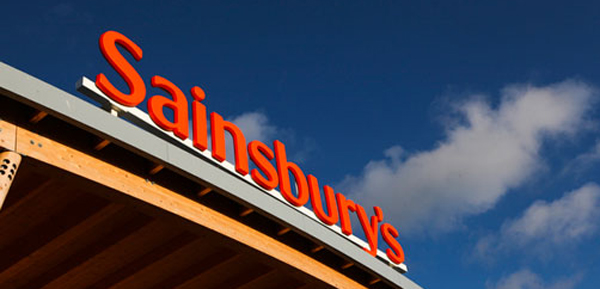She writes:
It’s more than four years since Sainsbury’s announced its 20 x 20 Sustainability Plan where they planned to double the amount of British food they sold. At the time, that headline resonated with many of our members.
But how exactly were they going to measure the success of this commitment, my NFU colleagues kept asking. What were Sainsbury’s going to double? Was it sales value, volume, product lines or the number of suppliers?
At the Sainsbury’s farming conference earlier this month, we heard about the evolution of their plans. Instead of focusing on doubling British food, the new commitment is “to invest in the future of British farming and be the leading retailer for British produce”.
While disappointing, I am not overly surprised at the change of direction. Having said that, I am pleased that Sainsbury’s has chosen to refocus its efforts to supporting British agriculture. This includes steps to improve how it works with young producers, investing to improve measured efficiencies within the supply chain and introducing new targets for the sale of British produce. This final commitment will rely on the detail. I will be working with my NFU colleagues to find out this information and share with members when I can.
Our members will want to see this standard underpinned by Red Tractor and the benefits of this scheme not outweighed by its cost
I’m pleased that the refocus in their corporate strategy includes supporting British agriculture. But with CEO Mike Coupe telling the audience that they “will continue to be 100% committed to British agriculture”, what will that actually mean?
Attendees of the conference heard that Sainsbury’s customers believe that British is short hand for quality. Similarly, there’s a desire to look at increasing the British offering, by extending seasons and selling more British in season. There are some positive signs of this commitment already, as this Christmas will be the first time the retailer will stock British grown strawberries. This sounds like positive steps to back British farming. This feels like it has more substance than the ‘doubling’ line and the specifics give greater accountability.
A new independent standard for sustainability will also be rolled out by 2017, but what this means to NFU members’ is still unclear. I will be delving into the detail of this in the coming weeks to understand what value it adds to the supply chain and British agriculture.
Our members will want to see this standard underpinned by Red Tractor and the benefits of this scheme not outweighed by its cost. Given that British farmers are proud of their high welfare and environmental standards, I would also suggest there be need for Sainsbury to explain to their suppliers the reasons behind their decision not to use Red Tractor on pack.
